Cavities, Constipation, Cancer (?): My Doctors all Blamed Breastfeeding
Only 11% of American mothers nurse toddlers and IT SHOWS
🍳EGGS COST MORE THAN THIS NEWSLETTER!!!! We are FREE RANGE and ORGANIC moms. We are HUMANELY HANDLED women have PASTURED RAISED children. Your money goes to building a radical community of dangerous women.🥚
My toddler and I have had some health issues this year and our ‘healthcare team’ chalked them all up to extended breastfeeding.
As you know, I’m an absolute zealot about breastfeeding and thought I’d always be prepared for any pushback, even from someone in a white coat. But can I tell you that each time it took me by surprise?
Each time a medical professional pointed to breastfeeding as the root cause I seized up with tension. I had to suppress multiple emotions at once and the effort it took to keep an open mind while stuffing down my frustration (and preventing my hands from forming the position for homicidal strangling) was exhausting.
Once, I was able to blurt out “WORLD HEALTH ORGANIZATION SAYS TO NURSE UNTIL AGE 2!!! UNTIL 2!!!” in protest.
One pediatric dentist fired back, “is that what your pediatrician recommends?”
Because extended breastfeeding is so rare in this country, I’m always the outlier in the doctor’s office. Me and my boob barnacle are one standard deviation outside of ‘normal’ so that, like some bad House MD episode, it becomes the starting point of a diagnosis.
I left every encounter feeling disoriented and unsure.
Am I nuts?
Am I hurting my daughter by breastfeeding her this long?
Am I injuring myself?
Should I take any medical advice from people who would cause me to question the value of breastfeeding?
Between visits I came across a somewhat alarming study that gave me some perspective. A small study of 50 doctors found that ChatGPT outdid human physicians when assessing medical case histories to make a diagnosis. The chatbot scored an average of 90 percent whereas human physicians scored 74 percent (yikes).
The problem, Dr. Andrew Lea, a historian of medicine at Brigham and Women’s Hospital, told the New York Times, is that “we really don’t know how doctors think.” In describing how they came up with a diagnosis, doctors would say, “intuition,” or, “based on my experience,” Dr. Lea said.
Further, people generally are overconfident when they think they are right. I don’t think any of these doctors were out to victimize or shame me (though I did feel pretty lousy on the drive home!). A large part of medicine is guesswork, identifying abnormalities and going off past experiences. How many other women in that dentist’ office are nursing two year olds to sleep? Statistically, only 11% of mothers are nursing after 24 months. So maybe all three of us freaks roll up with janky toothed toddlers and, boom, there’s your diagnosis.
So here’s my medical debrief of last year, in the end, none of these problems had to do with breastfeeding. If you or your kiddo have any of these issues, I hope this helps you navigate it.
The Cure for Constipation is Sleep Training and Weaning
When my daughter was 18 months old her poops started to get hard and heavy (if this doesn’t make you want to sign up for a paid subscription, I don’t what will!!) and one time she got a small fissure. After that, she was officially done with the bowel movement situation, she would do absolutely everything to avoid it and the interval between poops got longer and longer. We tried probiotics, pre-biotics, fiber powders, fiber gummies, stool softeners, prunes, prayers, and finally the pediatrician. I secretly worried that maybe she wasn’t eating the right foods because she still drank too much breastmilk and only consumed like 60 calories (a handful of popcorn, half an apple) a day of non-breastmilk.
Our regular pediatrician was out and so we saw a young man who had multiple ear piercings which I didn’t care for. At some point I mention that we nurse to sleep. This stops the conversation cold.
He asks if I considered sleep training, I said, uhhhh no. He then recommends this book, written by a DUDE who runs the ‘pediatric sleep lab’ at Yale. He tells me how it helped him and his wife and I start to tune out and get tense. I believe so deeply in the benefits of co-sleeping that it’s hard for me to listen to whatever else he’s going to advise. He asks to inspect my toddler’s anus to see if it’s malformed. I cut the visit there. He writes out an order for Miralax and writes the name of the sleep training book on it.
The Ancient Egyptians Breastfed for Power, You Don’t Need To (???)
We rescheduled with our regular pediatrician who was a champion of my breastfeeding until our 18 month visit, where she said I should consider weaning ASAP or I could face ‘behavioral issues’ from my toddler. I ignored this.
When we talked about her diet, I ‘confessed’ that my toddler still nursed multiple times a day. Again, a hard stop and then she does the thing that so many healthcare professionals do when they’re talking to a mother: she starts to talk to me like I’m a baby. I can see the good intention, it’s a sort of shorthand way to acknowledge the fragility and delicateness of new motherhood, of littles, of all our tender spots. But I find it agonizing because it automatically makes me feel … like a baby!!
Then she hits me with the following:
“At this point your breastmilk has no nutritional value and she needs to be eating more foods” (keep in mind, she was PERFECT on height and weight)
“I understand that it’s a way to keep a close connection. In ancient Egypt the pharaohs used to have their children nurse until they were teens in order to keep the bloodlines tight and connected. (!?!?!!??!)
This last line made me feel like I was up to some sort of Game of Thrones shit by nursing my toddler in order to consolidate my political dynasty?
She basically wouldn’t end our visit until I gave her a clear answer on when I would wean. Thankfully, between visits I had deputized myself as a toddler bowel expert and did as much research as possible. I was able to get the visit back on track and we eventually hammered out a protocol that could shrink her Mary Poppins bag of a colon down and get her pooping more often. But I swear to Christ, had I not been a total psychotic lactivist I would have walked out of that appointment feeling like breastmilk was a core part of the problem.
Dental Surgery (with General Anesthesia) Needed to Correct Cavities due to Night Nursing
I’ll cop to this, we did not do a good job of brushing my toddler’s teeth!
We didn’t do it often or diligently enough. When I started to notice her front teeth looked chalky the pediatric dentist confirmed that my daughter had EIGHT cavities and would need EIGHT crowns. She would need to be put under general anesthesia and operated on or her jaw would rot off or something horrendous. I don't remember it because I was too upset and hating myself while sitting in a VERY SMALL Spongebob chair. I kept trying to understand, why, given that ALL THE OTHER CRUNCHY NIGHT NURSING MOMS I KNOW aren’t rushing their kids into dental surgery by their 3rd birthday, why this was happening to us?
I asked:
Could this be from other things she was eating?
Was I mineral deficient in pregnancy?
Does she have weak enamel?
Mouth breathing?
Bad luck? Cursed? Hexed? Poxed?
Night nursing. Night nursing. Night nursing. It’s all she kept repeating and referred me to a pediatric dental surgeon. If I didn’t want my child to undergo even more surgeries, I would need to wean ASAP.
THANKFULLY, we got a second opinion, and this merciful dentist lady sat me down and explained that breastfeeding was not the issue-- it could be crackers, juice, breastmilk, it doesn’t really matter! Going too long between brushing with sugar on the teeth is gonna do damage. “You didn’t nurse too much, you didn’t brush enough,” she explained gently.
We’re doing less invasive treatments and brushing twice a day now.
You Might Have Uterine Cancer from Extended Nursing
I didn’t menstruate for three years because I was pregnant then nursing. Now my period has returned and it’s been an unruly beast. It’s been irregular and painful, which was not the case before I was pregnant. I mentioned this to my physician after I got two particularly heavy periods in a 30 day span (Ok, if this doesn’t make you want to gift your friends a subscription…).
She speculated on a few things but what she came back to is that extended nursing has delayed menstruation for a long time which may have caused my uterine lining to thicken, stiffen, and create ‘abnormalities’ such as cancer. I was offered birth control in the meantime while they did some tests.
I said I didn’t want it.
I was offered birth control two more times during the visit.
I was also asked when I planned to wean. I didn’t give a clear answer. She referred me to get a transvaginal ultrasound to make sure my uterine lining was cancer free. I grabbed the earliest possible slot. The results came back an ass-clenching week later, all clear. Of course, during that week I was nervous, but I refused to blame myself for breastfeeding. I had done enough of that and every time it proved irrelevant.
(My periods have become a little more regular, in case you were worried)
The Ways I Failed Myself and The Dyad!!!
Of course, these sorts of negative interactions compound and lead to predictable outcomes: lower trust in my doctors, poorer quality of care, avoidance of healthcare, etc. But I also have to own my part--I could’ve been as unapologetic and strident about breastfeeding in these medical spaces as I am in all other parts of my life. Instead, I downplayed my nursing relationship to “we just nurse to sleep” where the reality is my 2 year old is probably on my boob 4-5 times a day. I could have highlighted that, according to all the tests, my daughter is in perfect health (OK, YES, I SHOULD HAVE BRUSHED MORE) and that toddlers nurse, and it’s normal, so what else ya got?
The more moms who say, the baby sleeps in bed with us; my toddler on demand; I will wean when we are both ready, and (most importantly) WHAT ELSE COULD BE CAUSING THIS the more we all benefit.
Being in the bottom 10 percent in this country, means what I’m doing with my toddler is ‘abnormal.’ And until our culture around breastfeeding changes and extended nursing is ‘normalized’, the experiences of mothers and children who do extended nursing will continue to be pathologized. So speak up, ladies. I sure will.

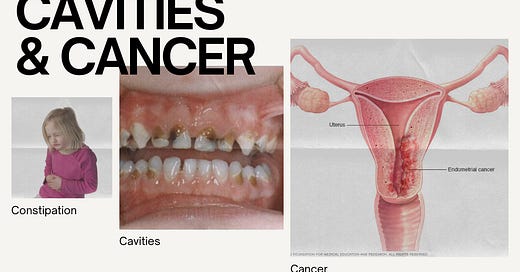



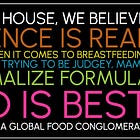
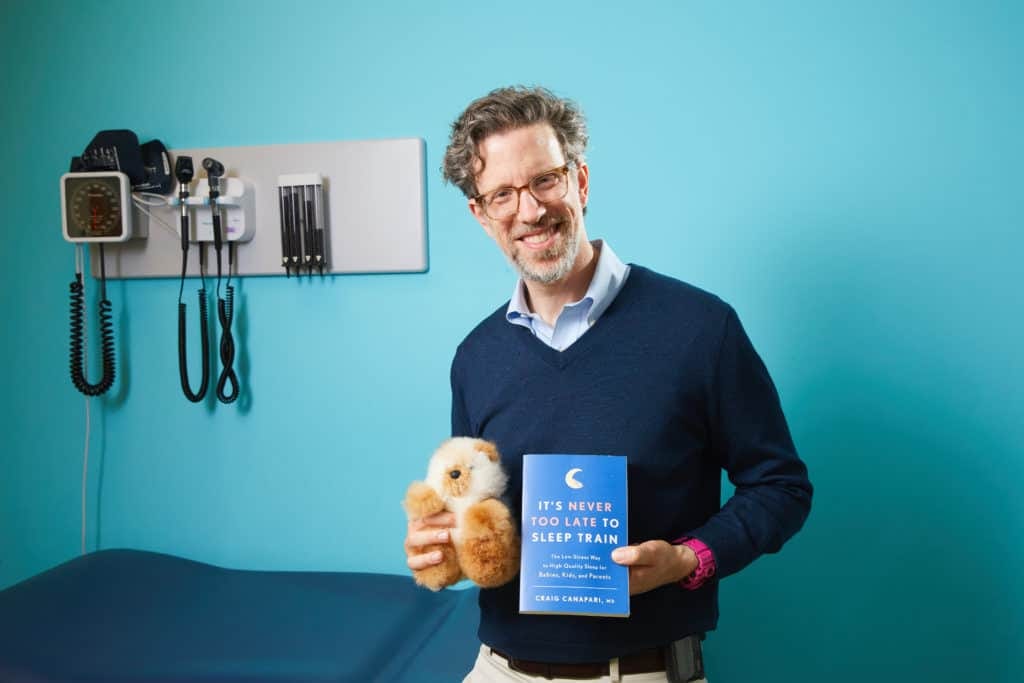
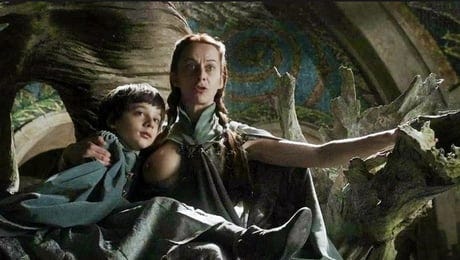

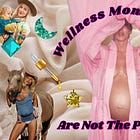
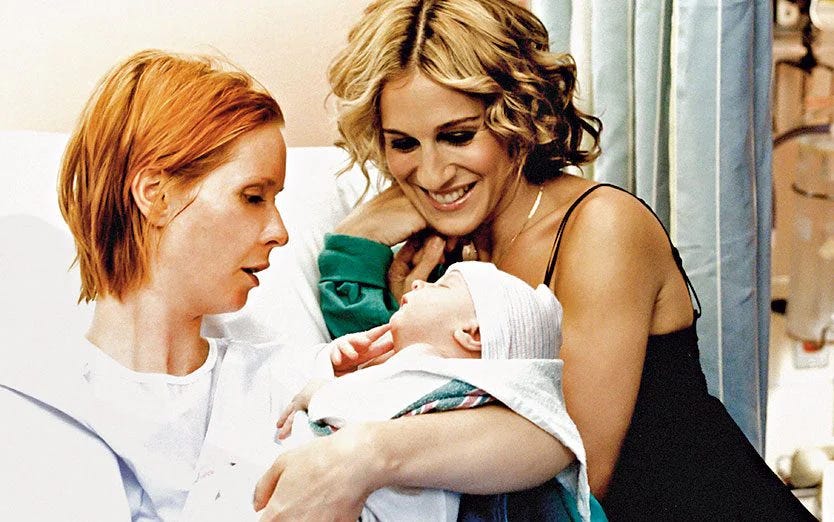
"Statistically, only 11% of mothers are nursing after 24 months. So maybe all three of us freaks roll up with janky toothed toddlers..."
I suspect that is a big part of what is going on here. Doctors see so few nursing toddlers that they are quick to attribute a myriad of ills to what seems to them to be the big variable.
I would also imagine that out of that 11% of nursing moms, quite a few might not even mention that they are still nursing to their pediatrician. I nursed my youngest until she was almost 3; but I don't recall our pediatrician even asking about it and I am pretty sure I didn't volunteer that information as it didn't seem terribly relevant as there were no health concerns other than she was mildly anemic (I have also been mildly anemic my whole life, and I was 100% bottle fed so I think in our case it is genetic). My point being that out of the already low number of moms nursing toddlers, doctors probably only are only aware of a fraction thereof - and are thus more inclined to think "hey, we saw another janky-toothed kid six years ago, and that mom was also one of those breastfeeding hippies...it MUST be the breastfeeding!"
By the way, my husband was a janky-toothed toddler who had eleven cavities at his first checkup; and he was 100% bottle fed from the time he was born. He is now a janky-toothed adult despite his conscientious brushing/flossing habits; whereas I didn't even go to the dentist for five or six years and when I finally remembered to get a checkup, my teeth were perfect and they congratulated me on what a good job I was obviously doing flossing (even though I pretty much never floss). Some people just have more durable teeth than others, it seems - thankfully, our kids all inherited my indestructible enamel and not their dad's!
One of my pet peeves is pediatricians giving parenting advice. They are “experts” on how bodies work and health problems. They did NOT go to medical school and learn all about the science behind sleep training, time out, spanking, self soothing, etc. If you ask your ped what expertise they have in behavior, they will tell you it is based on their own parenting and their “experience” with seeing kids in their clinic (because the short, medically focused appointments every now and then are definitely giving a well rounded view of a child’s home life and behavior). 🙄
Honestly, I have a lot of frustrations with peds, which is why we don’t generally see one, but this is probably the worst. Because they are experts in medical health, they are granted this glow of authority. Then parents, in a vulnerable place because of illness (or even just the power dynamics of a well visit), are subjected to the pediatrician’s personal opinions about sleep training, breastfeeding, and whatever else the ped decides to confidently asset without evidence. I’ve talked to SO many parents who do stuff like sleep training, solely because their pediatrician said it was the best. If they have a question about their toddler having tantrums, they run to the ped, whose opinion is truly no more informed by evidence than your grandmother who had 8 kids.
But the ped must know what he’s talking about- he’s a doctor! Yep, and my mom, a well-respected OB of 30+ years, occasionally asks my advice on breastfeeding problems. They aren’t taught much about lactation in med school, we have a dearth of LCs in my area, and she knows I’ve nursed for 7 years between the kids so far, and have read a ton of books, journal articles, gone to LLL meetings, etc. Sometimes I just want to scream for people to crack a book, listen to talks by actual experts (guarantee Dr. Humphries has done more research on vaccines than your average ped), trust your gut, etc. and make up your own opinion. Docs aren’t the end all, be all of knowledge. They are simply human beings with a lot of schooling in very specific areas.